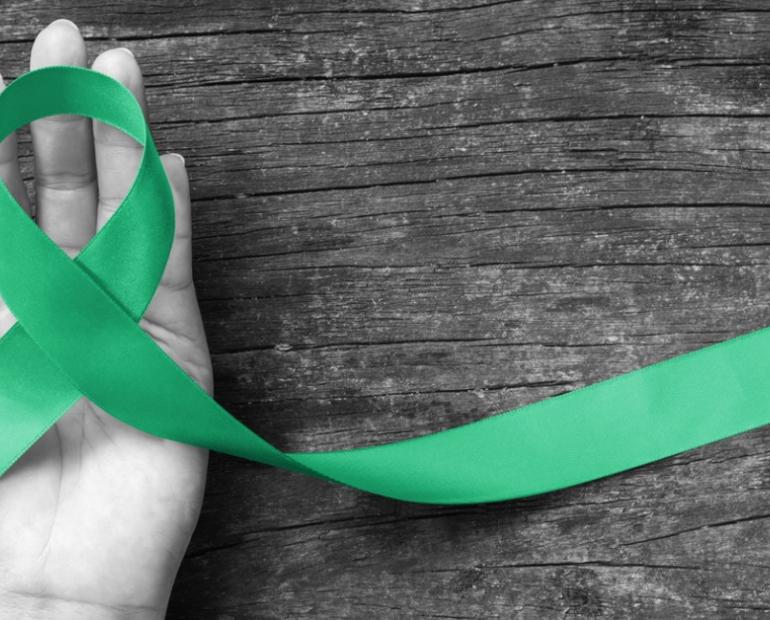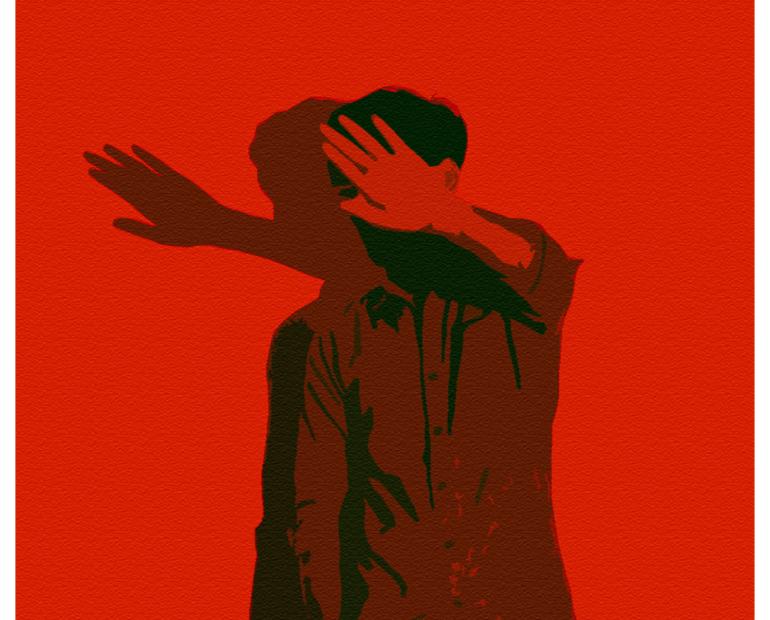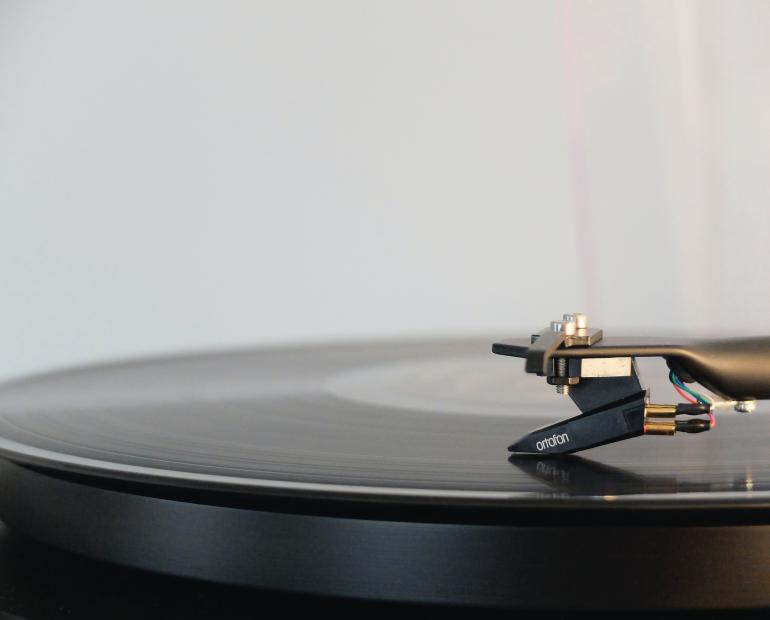
We must work together to stop stigma and shame standing in the way of young people seeking the help they need to protect their mental health. These young volunteers from Guatemala are doing their part by sharing reliable information and raising awareness about the importance of mental health action.
UNICEF is proud to be a founding partner in the first-ever #MentalHealthAction Day on Thursday, May 20th. Learn more about the day and the steps you can take to support your well-being here.
Eduardo Isaias Ruiz Yax, 17
Eduardo has participated in different trainings to get reliable information about Mental Health. He’s a positive, kind and disciplined youth that believes in leadership as a tool to showcase a new present for young persons.
"We must be examples to other people, maintaining respectful leadership, informed, and ready to help. Avoiding using false, denigrating, or stigmatized information, give the importance and value that the issue deserves."

Emily Diana Isabel Guzmán Alvarez, 17
Emily is an active Scout member currently participating in Guatemala's National U-Report Program. In recent months, Emily has been working on a project to promote mental health using plants as a therapeutic ally, sharing her discoveries with her peers through video calls.
"Young people have a responsibility to get informed and promote true facts about mental health to fight against stigma and prejudice. If we get educated, we can educate others," she says.
"As a Scout member and a U-Reporter, I have worked on a project to raise awareness about mental health between teenagers, my closest friends and family. Based on my experience, I want to promote the use of plants to reduce stress levels and increase our self-esteem, organization skills and discipline."

Jonathan Samuel de León Muñoz, 25
Jonathan is a creative youth committed to creating social strategies to promote human rights and empower young people, cofounding and directing a youth organization named JoLu.
He shares infographics on social media, informing about the symptoms of mental health illnesses, such as depression or anxiety disorders, so that young people learn about these conditions and are better informed to find professional help.
"Most adolescents and young people use social networks to express ourselves, a first step is to validate our experiences and provide comments free of prejudice. We must remember that we are young and we need the guidance of professionals, always looking for solutions suitable to our context and reality."




